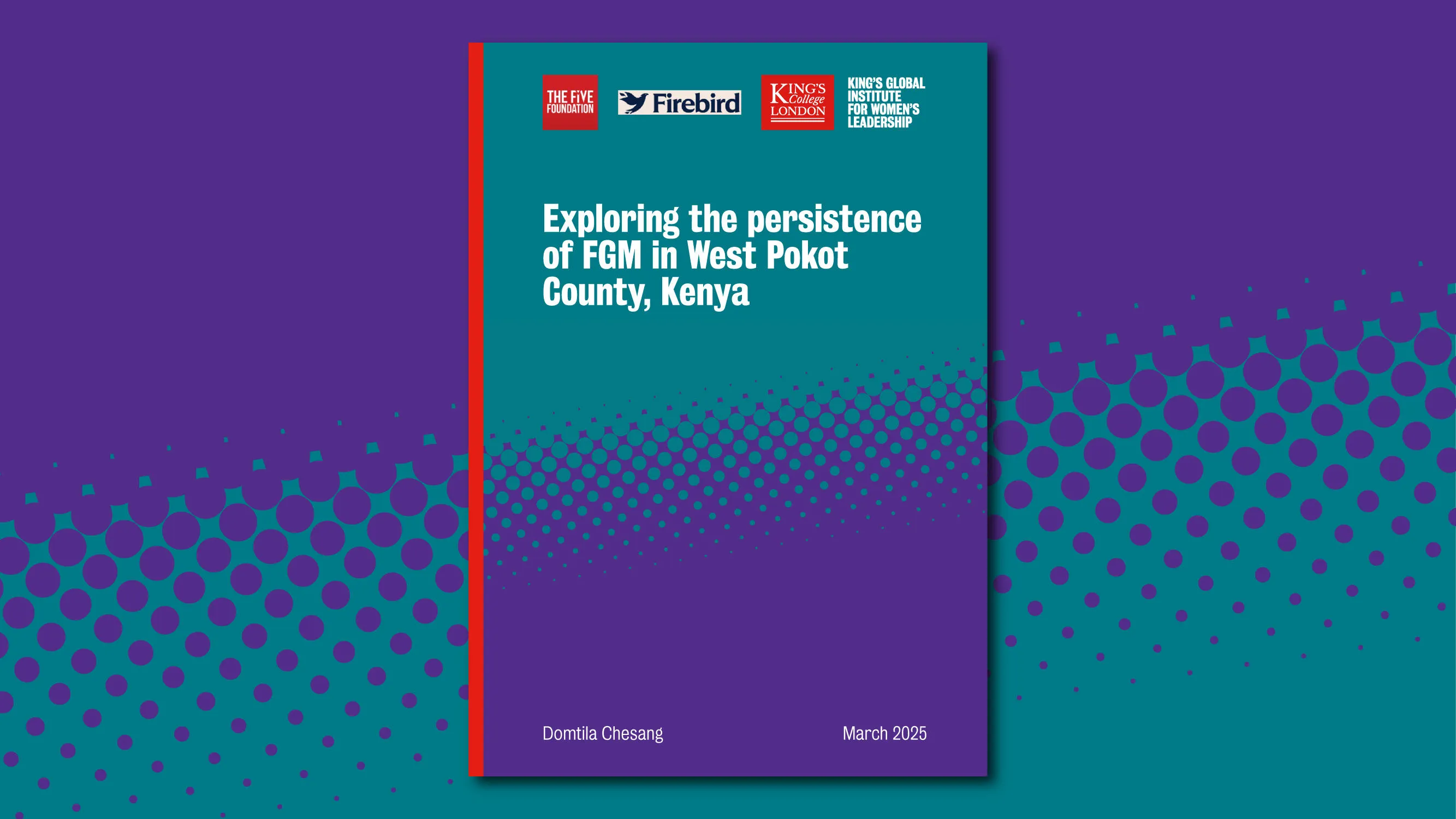Exploring the persistence of FGM in West Pokot County, Kenya

Despite widespread global efforts to end female genital mutilation (FGM), the practice persists, driven by complex and often culture-specific forces. A new report from GIWL Changemaker Domtila Chesang, a leading anti-FGM campaigner, investigates the persistence of FGM in West Pokot, Kenya, highlighting the socio-cultural and economic factors sustaining the practice. In West Pokot, FGM is deeply embedded in marriage customs, bride price negotiations, and social status.
The report outlines the severe health risks associated with FGM, including childbirth complications, long-term physical damage, and emotional trauma. Despite these dangers, systemic challenges such as limited law enforcement, insufficient political commitment, and logistical difficulties in remote and dispersed pastoral communities significantly weaken efforts to eradicate the practice. Families face immense social pressure, often lacking viable alternatives to conforming to tradition.
Chesang's report advocates for a comprehensive, multi-stakeholder approach. It recommends robust legal enforcement, enhanced educational opportunities for girls, and targeted outreach through community and faith-based organisations. Schools and church-led sensitisation programs have already demonstrated success in empowering girls to reject FGM and assume leadership roles, challenging entrenched cultural norms. This integrated strategy aims to disrupt the cycle of FGM, securing a healthier and more equitable future for women and girls.
The GIWL Changemakers Programme, led by Dr Aleida Borges, empowers advocates and activists who advance gender equality by providing tailored support for research projects that benefit their communities. Domtila Chesang is our first Changemaker, and her important research has been conducted in partnership with The Five Foundation and generously funded by Firebird Foundation.
